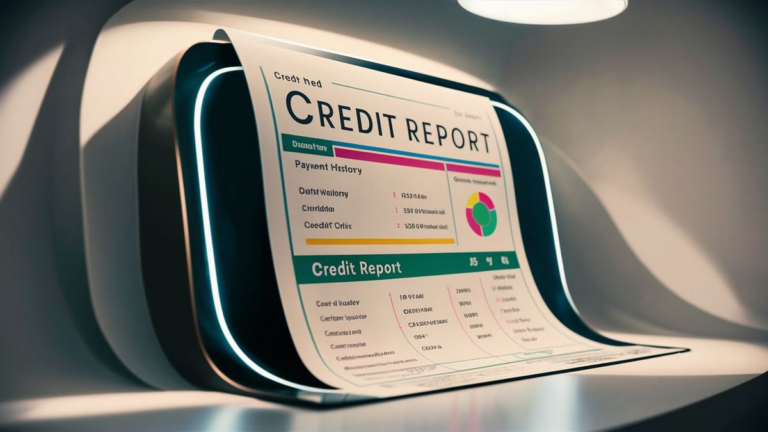When it comes to understanding credit scores, Experian is one of the prominent names that often comes to mind. Many individuals are curious about the intricate process behind how Experian calculates credit scores. Let’s delve into the details to demystify this aspect of credit evaluation.
The Importance of Credit Scores
Credit scores play a crucial role in various financial transactions, from applying for loans to renting apartments. They provide lenders and creditors with an insight into an individual’s creditworthiness, indicating the likelihood of timely repayment.
Factors Considered by Experian
Experian utilizes several factors to calculate credit scores, each carrying a different weightage. These factors include:
- Payment History: Your track record of making payments on time.
- Credit Utilization: The amount of credit you’re currently using compared to your total available credit limits.
- Length of Credit History: How long you’ve had credit accounts open.
- New Credit: The number of recently opened accounts and credit inquiries.
- Credit Mix: The variety of credit accounts you have, such as credit cards, loans, and mortgages.
The Credit Score Calculation Process
Experian employs complex algorithms to analyze the data related to these factors and generate a credit score. While the exact formula is proprietary information, it’s known that payment history and credit utilization tend to carry significant weight in determining the score.
Regular Updates and Monitoring
Experian regularly updates credit scores based on the latest information available from creditors. It’s essential for individuals to monitor their credit reports and scores to identify any errors or discrepancies that may negatively impact their financial standing.
Improving Your Experian Credit Score
If you’re looking to improve your Experian credit score, there are several strategies you can employ:
- Pay bills on time to maintain a positive payment history.
- Keep credit card balances low to minimize credit utilization.
- Avoid opening multiple new credit accounts within a short period.
- Regularly review your credit report and dispute any inaccuracies.
Understanding how Experian calculates credit scores can provide individuals with valuable insights into managing their finances and improving their creditworthiness. By focusing on factors like payment history and credit utilization, individuals can take proactive steps to maintain healthy credit scores.
Frequently Asked Questions
Here are some commonly asked questions about Experian credit scores:
| Question | Answer |
|---|---|
| 1. How often does Experian update credit scores? | Experian regularly updates credit scores based on the latest information from creditors. Typically, scores are updated monthly, but it can vary. |
| 2. Can checking my own credit score affect it? | No, checking your own credit score, known as a soft inquiry, does not impact your credit score. It’s considered a self-check and won’t affect your creditworthiness. |
| 3. How long does negative information stay on my Experian credit report? | Most negative information, such as late payments or accounts in collections, can stay on your Experian credit report for up to seven years. Bankruptcies can stay for up to ten years. |
| 4. What should I do if I find errors on my Experian credit report? | If you find errors on your Experian credit report, you should dispute them as soon as possible. You can do this online through Experian’s website or by mail. |
Managing Your Finances
In addition to understanding how Experian calculates credit scores, managing personal finances effectively is crucial for financial stability. Here are some additional tips:
- Create a budget and stick to it to manage spending and savings effectively.
- Build an emergency fund to cover unexpected expenses and avoid relying on credit cards or loans.
- Consider consolidating debt or negotiating with creditors if you’re struggling with multiple debts.
- Invest in financial education to improve your understanding of personal finance concepts and make informed decisions.
Protecting Your Identity
Identity theft and fraud can significantly impact your credit score and financial well-being. Here are some measures to protect your identity:
- Regularly monitor your credit reports from all three major credit bureaus.
- Use strong, unique passwords for online accounts and enable two-factor authentication where available.
- Avoid sharing sensitive personal information, especially on public Wi-Fi networks or unfamiliar websites.
- Consider freezing your credit reports to prevent unauthorized access to your credit information.
See also:






